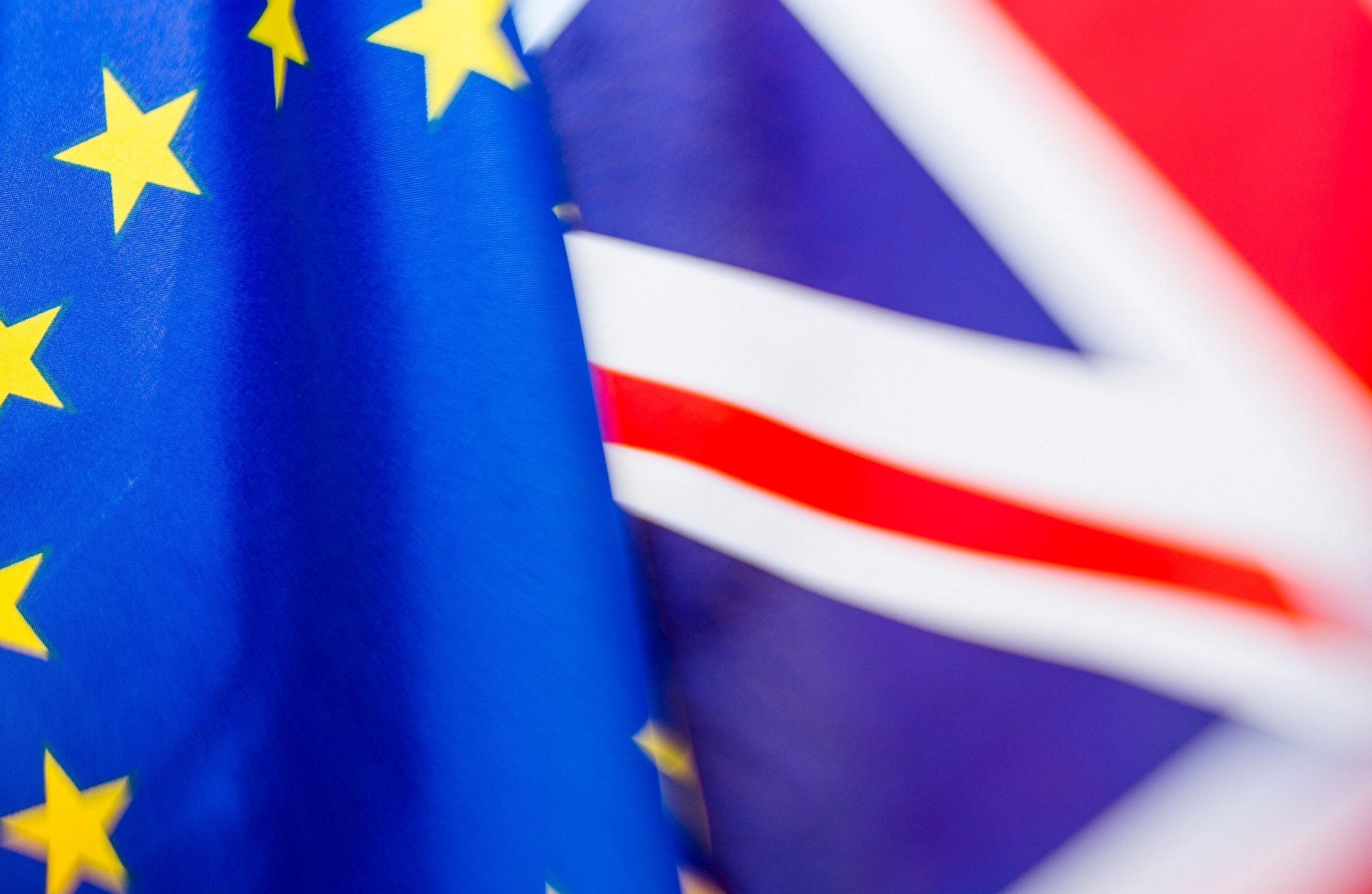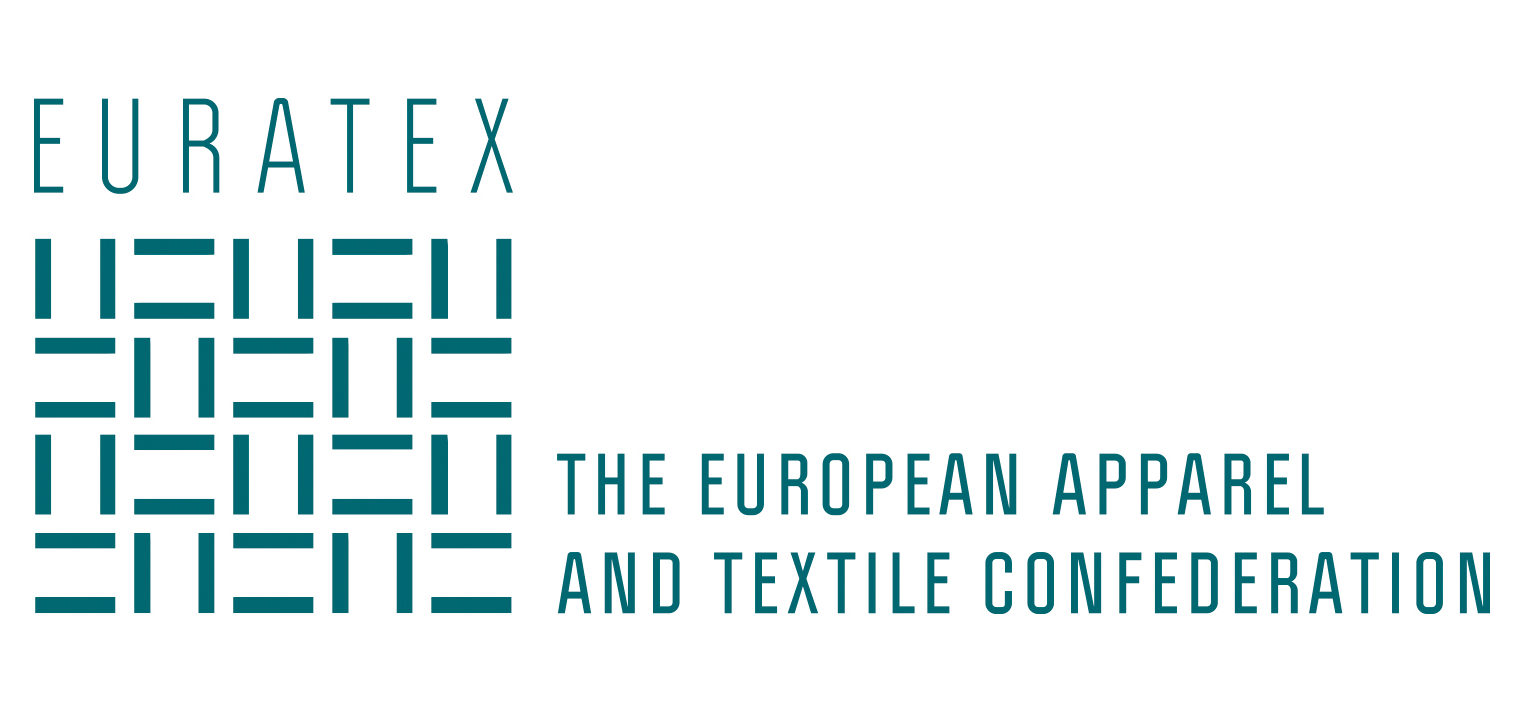
Brussels, 25 February 2020 – EURATEX and its UK member have been working closely to deal with Brexit in the past few years. Ahead of today’s General Affairs Council, EURATEX sent a letter to Michel Barnier, European Commission’s Head of Task Force for Relations with the UK, asking to agree on a common set of rules of origin. EURATEX suggests also to allow for diagonal cumulation of origin rules.
Why are rules of origin crucial? Rules of origin are important because they determine whether companies can benefit from reduced or zero-rated customs duties.
The textile and clothing industries of the UK, EU 27 and other European neighbouring countries are closely interlinked in terms of supply chains, foreign direct investments and exchange of workers. For instance, an Italian clothing brand buys large amounts of denim cotton fabrics from Turkey (sometimes Morocco) and the full making-up is done in Italy. The jeans trousers are then sold in the UK. Another case can be a Swiss twisting company that imports synthetic yarns from a production site in UK, twists the yarn in Switzerland and exports it to Germany where it is knitted.
Therefore, the introduction of duties will have a huge impact in such a highly integrated supply chain, which is worth more than €20 billion. A trade agreement instead will allow companies to keep operating smoothly, from fibres to end products.
The most efficient way to proceed is for the UK to join the Regional Convention on pan-Euro-Mediterranean preferential rules of origin (PEM Convention). This will allow us to maintain integrated supply chains, including UK, EU27, EFTA countries and important sourcing markets such as Turkey, Morocco, and others. The adoption of the PEM Convention will avoid lengthy and cumbersome negotiations to establish a new set of bilateral rules. It will also ensure coherence with Rules of Origin (list rules) established in other recent FTAs.
In addition, it is important that the UK maintains the system of Registered Exporters (REX), as this will greatly facilitate to proof the origin.
If you want to know more about Brexit and the impact on the apparel and textile sector, do not hesitate to contact EURATEX.
